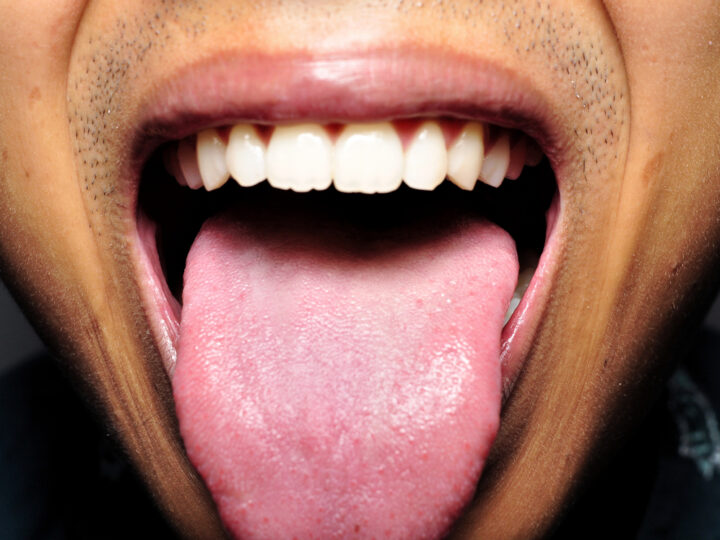HOLISTIC HEALING
TCM’s Advanced Approach to Mental Well-being

In the dynamic realm of Traditional Chinese Medicine (TCM), the approach to mental health extends beyond conventional methodologies. Rooted in ancient wisdom, TCM views mental well-being as an intricate dance between the body, mind, and spirit. In this holistic exploration, acupuncture, herbal medicine, and lifestyle adjustments play pivotal roles resulting in emotional equilibrium.
Acupuncture: Balancing the Flow of Qi
Acupuncture, a cornerstone of TCM, involves the insertion of thin needles into specific points along the body’s map or meridians. This ancient practice is grounded in the belief that disruptions in the flow ofthe vital life force, Qi, contribute to imbalances that may leadto mental well-being issues.
Anxiety and Calming Effects:
Depression and the Upliftment:
Insomnia and the Balance of Yin and Yang:
For those grappling with insomnia, acupuncture can help to address the delicate balance between Yin and Yang energies. Points like Baihui (DU20) and Shenmen (HT7) are utilized to regulate sleep patterns and restore harmony to the body’s circadian rhythm.
Herbal Medicine: Nourishing the Mind
In TCM, herbal medicine is akin to nature’s pharmacy, offering a rich tapestry of plants and minerals thoughtfully combined to address a myriad of health concerns. When it comes to mental health, specific herbs are prescribed to restore balance and nourish the mind.
Ginkgo Biloba for Cognitive Clarity:
 Ginkgo biloba, a well-known herb, is celebrated for its cognitive benefits. Research indicates its potential in enhancing memory and cognitive function, making it a valuable addition for those navigating mental fog or cognitive decline.
Ginkgo biloba, a well-known herb, is celebrated for its cognitive benefits. Research indicates its potential in enhancing memory and cognitive function, making it a valuable addition for those navigating mental fog or cognitive decline.
Rhodiola Rosea for Stress Adaptation:
St. John’s Wort for Mood Regulation:
Astragalus Supplements for Qi & Increases Energy
Astragalus helps the spleen generate a pure and clear qi that rises upward to nourish the heart and brain.
Lifestyle Adjustments: Cultivating Emotional Harmony
Beyond acupuncture and herbal remedies, TCM places a strong emphasis on lifestyle adjustments to cultivate emotional harmony. These adjustments encompass dietary choices, exercise, and mindfulness practices.
Mindful Nutrition:
TCM encourages mindful eating tailored to individual constitutions. For instance, those with excess heat may benefit from cooling foods like leafy greens and cucumbers, while individuals with Qi deficiencies may focus on nourishing, warm foods like soups and stews.
Qi Gong for Emotional Resilience:
 Qi Gong, a moving meditation practice rooted in TCM, is revered for its ability to cultivate emotional resilience. Regular practice can harmonize the flow of Qi, promoting a sense of calm and balance in the face of life’s challenges.
Qi Gong, a moving meditation practice rooted in TCM, is revered for its ability to cultivate emotional resilience. Regular practice can harmonize the flow of Qi, promoting a sense of calm and balance in the face of life’s challenges.
Balancing Work and Rest:
TCM underscores the importance of balancing work and rest to maintain mental health. Implementing a harmonious work-life routine, prioritizing adequate sleep, and incorporating mindfulness into daily activities contribute to emotional well-being.
In navigating the intricate landscape of mental well-being, TCM offers a sophisticated and integrated approach that extends beyond conventional paradigms. Acupuncture, herbal medicine, and lifestyle adjustments synergistically contribute to the restoration of balance, offering a holistic path to emotional well-being. As contemporary research continues to unveil the profound effects of TCM practices on mental health, the ancient wisdom of this holistic system stands as a guidetoward a harmonious integration of mind, body, and spirit.
Newer
Unveiling the Wisdom: The Art of Tongue and Pulse Diagnosis in TCM
Older
A Holistic Approach: Treating Depression and Anxiety with Traditional Chinese Medicine
Comments (0)
Leave a reply
You must be logged in to post a comment.

 Research suggests that acupuncture/acupressure can significantly reduce symptoms of anxiety disorders. Specific acupoints, such as Shenmen (HT7) and Neiguan (PC6), have been associated with calming effects, promoting relaxation and alleviating anxiety-related symptoms.
Research suggests that acupuncture/acupressure can significantly reduce symptoms of anxiety disorders. Specific acupoints, such as Shenmen (HT7) and Neiguan (PC6), have been associated with calming effects, promoting relaxation and alleviating anxiety-related symptoms.


